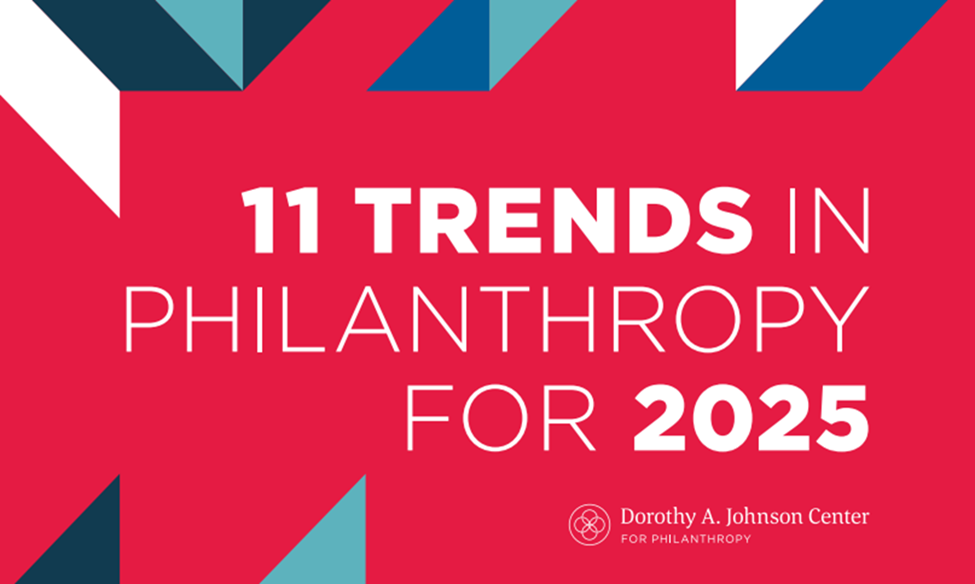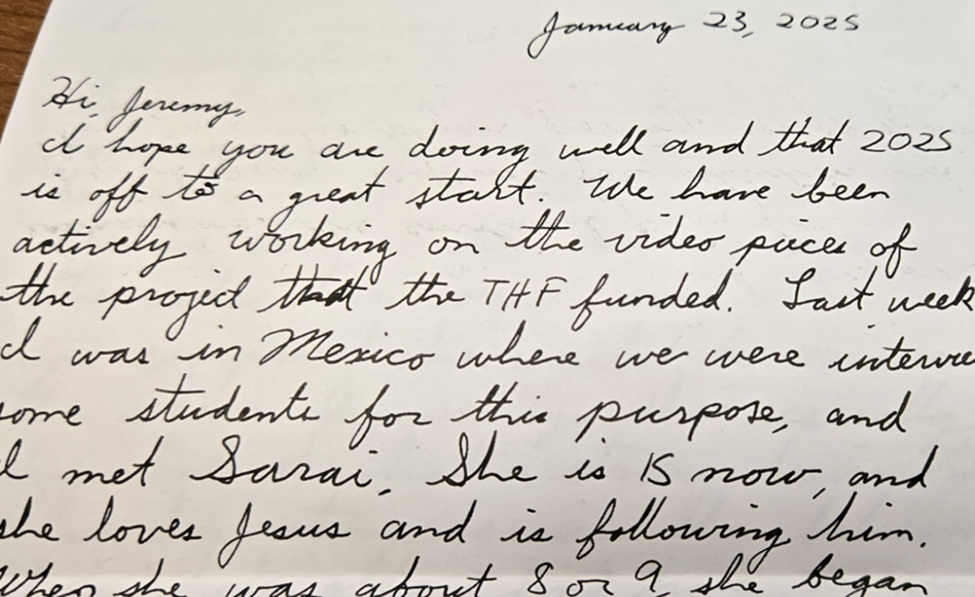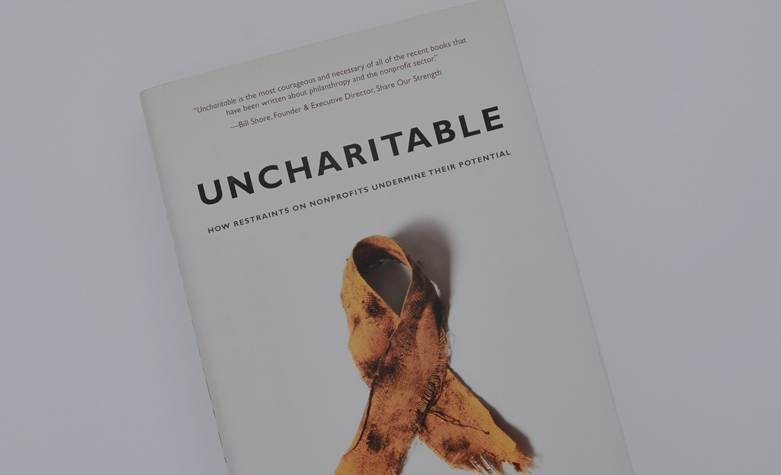
Houses of Mourning and Feasting
January 27, 2025THF Weekly Briefing – 1/17/2025
I went to a funeral on Saturday.
Ecclesiastes 7:2 (in the KJV) says, “It is better to go to the house of mourning than to go to the house of feasting.” The teacher quickly points out the spiritual reasons for this in the next verse: “For that is the end of all men, and the living will lay it to his heart.”
This is an echo of Psalm 90:12—“Teach us to number our days, that we may apply our hearts unto wisdom.” Remaining aware of the brevity of life and the inevitability of death is useful for spiritual development, and what more practical means could there be for pursuing this than going to the house of mourning?
What’s interesting is that when a Christian dies, especially one who has lived a good, long life, a funeral is more like a celebration than a mournful ceremony. On Saturday, there was sadness, yes. It’s appropriate and natural to experience grief at the loss of a loved one, and there were tears as family members memorialized their dad and friends gave tribute to their departed mentor and companion. Death is sad, even for God. Psalm 116:15 says (in the NLT this time), “The Lord cares deeply when his loved ones die.” Theologically speaking, death is the result of sin, so it is a corruption of the natural order. Death is part of life, but it wasn’t intended to be that way. Death is an enemy (1 Cor. 15:26).
But the house of mourning was also a house of feasting on Saturday. The church’s reception hall was filled after the service as friends and family members greeted each other joyfully and expressed gratitude for the life of a great man of faith while feasting on fruit and cookies and veggies and other snacks. Before the service, family members were treated to a sit-down luncheon. The feasting was literal, not just figurative! There were tears, but there was also celebration.
In 1 Thessalonians 4:13, the apostle Paul writes, “And now, dear brothers and sisters, we want you to know what will happen to the believers who have died, so you will not grieve like people who have no hope.” The ultimate hope of the gospel is the hope of the resurrection. We mourn death because it is an indication of corrupted reality. But the hope of the gospel (again in the KJV) is that “the corruptible will put on incorruptible (1 Cor. 15:53).
Death is an enemy, and it takes away from us someone we love. But it’s not the final reality! What a joy it is when the house of mourning and the house of feasting are the same house—all thanks to the gospel of Christ. There’s plenty to mourn in the world, and for the time being, death is part of life. But, praise God, it won’t always be.
Here’s what’s happening.

Tracking Trends in Philanthropy
The Dorothy A. Johnson Center for Philanthropy has just released its annual trends report, and there are some interesting crossover items that we have been paying attention to at Tyndale as well. The Johnson Center is a secular organization, so a lot of the trends they identify are not particularly relevant to the ministry world, but some of them certainly are. One trend mentioned in this year’s report is the projected growth in collective giving across the sector. As Baby Boomers—the wealthiest generation in human history—prepare to pass their resources to the next generation, there is a significant increase in planned giving and future wealth-divestment strategies. This matters in the world of Christian philanthropy because one of the outcomes we look for in our engagement with international ministries is the fostering of cultures of generosity at the local level. If and when giving from Western foundations increases, we will look to see whether there’s a corresponding increase in local giving as well. A rise in foundation giving won’t necessarily lead directly to a rise in non-Western generosity movements, but when international organizations rely primarily on Western funds, that creates an unhealthy dependency that threatens long-term sustainability. So we’ll be praying that more and more ministry organizations are able to raise a higher percentage of their annual budgets through locally sustainable initiatives as giving from Western foundations increases.

More Attacks on Nigerian Christians
Last Monday, Boko Haram terrorists unleashed an early-morning attack on two towns in northern Nigeria, specifically targeting Christians. At least one church was burned down along with several homes. Livestock were slaughtered, food supplies were destroyed, and more than 1,500 residents were displaced from their homes. This is just the latest instance of religiously motivated terrorism in Nigeria. The West African nation has become the world’s most dangerous country for Christians in recent years as the Islamic group carries out atrocities in service of their goal of setting up a caliphate. Tyndale House Foundation has several partners operating in Nigeria. Those that received grants in 2024 included Call of Hope (ministering to victims of terror in Nigeria), Biblica (Bible translation into a Nigerian tribal language), Theological Book Network (equipping theological institutions in Nigeria), and Africa Christian Textbooks (indigenous Christian publishing in Nigeria). Please pray for these partners as they continue to face religious persecution. Pray for protection from physical harm as well as protection from spiritual discouragement.

Messages of Gratitude
Every year, one of my favorite things to do is read the thank-you notes and follow-up reports from grant recipients. There’s no better way to learn about the impact our grants have than to hear from those who are putting the funds to work in the field, and there’s nothing quite so encouraging as hearing that our investment is paying ministry dividends. Another one of my favorite things is sharing some of these comments with others at Tyndale whose work contributes to our ability to make these grants. So here’s a glimpse of the impact I’ve been made aware of in just the past few weeks:
- From Tanzania: “Words cannot express our gratitude for the grant toward printing books for African pastors! We are in the process of building a stock of books so we can ship books as they are ordered. Most of the time we had to pray for funding before we could print. Your gift changes the ballgame for us!”
- From Kenya: “God has answered prayers that are centuries old; he has raised up faithful pastors and churches in places that were completely unreached generations ago. Your grant is helping those faithful churches multiply leaders who can then plant or renew other churches. We are deeply encouraged.”
- From Mexico: “Thank you so much for your investment. This gift is a blessing that will enable us to tell the story of God’s work here in new and compelling ways. I am deeply grateful for your partnership.”
- From Malawi: “Thank for the scholarship funds that allowed me to complete my education. Now I am blessed to be using that education to contribute toward sharing God’s love to Malawians!”
- From Bangladesh: “Converts to Christianity here face persecution through severe restrictions, discrimination, and attacks. Choosing to follow Jesus can lead to accusations of betrayal. Yet despite these numerous challenges, God has opened doors to allow us to reach people with the gospel, and your grant is helping us do that.”

From the Bookshelf
I recently read Uncharitable: How Restraints on Nonprofits Undermine Their Potential by Dan Pallotta. This is a secular book written from a worldview that could be in no way be characterized as Christian, yet the author has some perspectives that I think are relevant in the world of Christian grantmaking. Pallotta’s central premise is that releasing nonprofit organizations from what he views as overly restrictive financial and operational regulations would allow charities to scale their efforts more effectively and thus meet the needs of their constituents more effectively as well. Unfortunately, I think his opinions are largely based in his own experience trying to flout some of the rules governing nonprofits and getting caught. Still, his comments about, for example, the stigma against competitive salaries for nonprofit executives are worth considering. This was brought to mind for me because of something Warren Smith of MinistryWatch wrote last week: “Leading a large and complex ministry requires real executive skills, and if you are not willing to pay these executives what they are worth, you could easily end up with people who are not competent.” It’s in everybody’s best interest to ensure that the leaders of the organizations we fund are competent! Yet I disagree with Dan Pallotta that the only way to attract good people is to pay them exorbitant salaries. Surely there’s something to be said for a vocational calling to ministry leadership. One of the roles foundation leaders play in our interactions with grantees is essentially that of consultant, talking about best practices and making recommendations. So it’s useful to keep abreast of what people in the wider nonprofit sector are talking about. If such things are of interest to you, I commend this book as a window into a non-Christian perspective on the role of nonprofits. And if you’re interested in a Christian perspective, When Money Goes on Mission by Rob Martin remains the gold standard in my opinion.
That’s it for this week’s briefing. Please send any questions, comments, and non-Christian perspectives on philanthropy to [email protected]. I send out this email resource most weeks primarily for a Tyndale audience, but you should feel free to share it with others who may be interested, inside or outside of Tyndale. Thanks for continuing to pray for and support our partners around the world.
Jeremy Taylor
President | Tyndale House Foundation
The THF Weekly Briefing provides information about significant events happening in the wide universe of Tyndale House Foundation partner organizations as well as an occasional peek behind the scenes of THF’s operations. It is available to anyone at Tyndale who’s interested in learning more about the Foundation side of the organization. Was this email forwarded to you? Contact [email protected] to be added to (or removed from) the distribution list.

